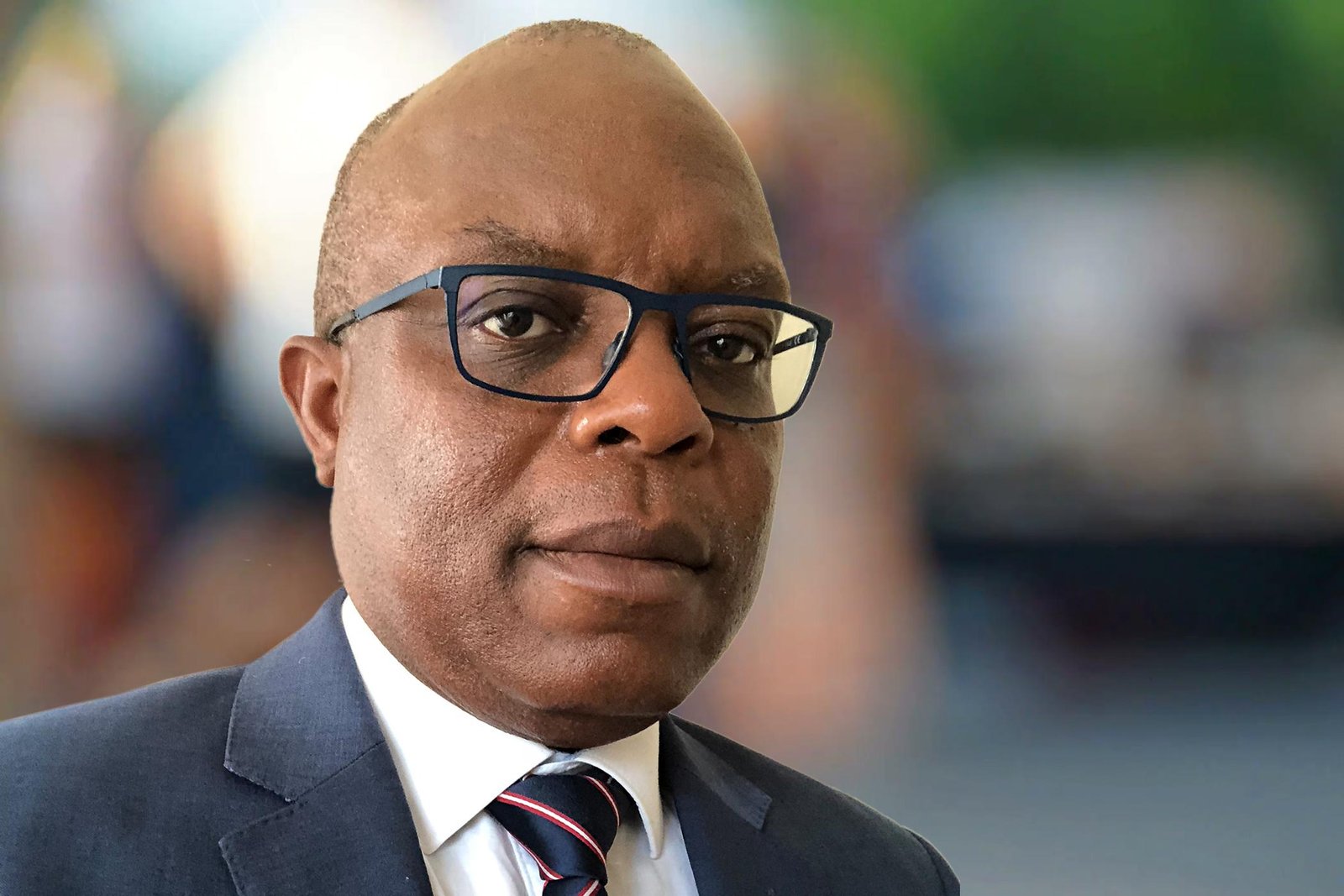A UK-based consultant and fellow of the Chartered Management Institute (UK), Mr. Emmanuel Nwachukwu, said Nigeria must brace up for the negative fall-outs of the sharp decline in oil price
The 2019 budget was based on oil price of $60 per barrel. By Friday, oil price had crashed to a one-year low of $60 per barrel. What does this mean for Nigeria?
This does not bode well for Nigeria. Just as we were beginning to come out of recession on the back of the increase in crude oil prices, this reversal in prices could take us right back into recession if prices continue to fall. The challenge we face as a nation is that the country is simply not generating enough revenue to pay its way or provide basic public services.
With a burgeoning population that is seemingly out of control, things are bound to get worse. If Nigeria were a business, we would have long filed for bankruptcy, but we continue to bury our head in the sand. The UK’s 2018 budget for health service alone is £152bn, for a population of 66 million.
This is over seven times the Federal Government budget of £20bn (N9.12tr), for all services including education, health, transport and power, for a population of 197million. As a country we are simply not earning enough and herein lies the challenge for government.
Do you think the crash is temporary, that the market might rally again especially since major western consumers are just at the early stages of winter?
The fall in oil prices was triggered by fears about slowing global demand and a surge in US production, outweighing expected supply cuts by OPEC. However, top banks and oil brokers surveyed by S&P Global Platts forecast that crude oil prices will recover to average above $73/b in 2019, despite clouds looming over global demand as OPEC and its producer allies move to defend prices by preventing a new supply glut.
This suggests that the fall in prices may be temporary. It is however important to note the immense pressure being put on Saudi Arabia by the US President to increase supply and keep oil prices down. This may delay the recovery.
”
The challenge we face as a nation is that the country is simply not generating enough revenue to pay its way or provide basic public services. With a burgeoning population that is seemingly out of control, things are bound to get worse. If Nigeria were a business, we would have long filed for bankruptcy, but we continue to bury our head in the sand.
”
Do you share the view in some quarters that the US is deliberately trying to undermine OPEC by putting pressure on Saudi Arabia to increase supply?
Of course, this is not a secret. President Donald Trump has long voiced his grievance with OPEC severally on Twitter and at press conferences over the price of oil. In his address to the UN General Assembly the US President told delegates and world leaders that, “Opec is ripping off the rest of the world.” He has since welcomed the current drop in oil prices attributing the fall in prices to US (Donald Trump) pressure on Saudi Arabia to increase supply.
If the price crash will linger on for a while, how do you think investors, especially those in Nigeria, should safeguard their assets?
For long term investors, Nigeria still provides great potential. Whilst a large population poses challenges for government in terms of providing public services, for businesses this provides huge opportunities for growth and profit in Africa’s largest market.
The challenge for government is to create the enabling environment to attract and keep long term investors. With current uncertainties, there are currency risks for those repatriating profits to home countries, as potentially the reduction in the supply of dollars resulting from the fall in oil prices could put pressure on the Naira.
Investors will need to explore options for hedging their currency risk/ exposure with currency futures. Also, not wise to hold any surpluses or savings in a depreciating asset.
”
With current uncertainties, there are currency risks for those repatriating profits to home countries, as potentially the reduction in the supply of dollars resulting from the fall in oil prices could put pressure on the Naira.
”
Is Nigeria’s fragile recovery from recession at risk?
Nigeria’s recovery from recession is at risk if the fall in oil prices continue. The country depends on this rent from oil. A reduction in “rental income” is bound to have some impact on the ‘Landlord’. He will either have to reduce its planned expenditure or find alternative sources of income to close the funding gap or do both.
State governments were just beginning to get some respite with increases in their revenue allocation from Abuja. A reduction in revenue is bound to have some impact on the finances of both federal and state governments and their ability to pay salaries and pensions. Difficult times ahead unless oil prices recover.




